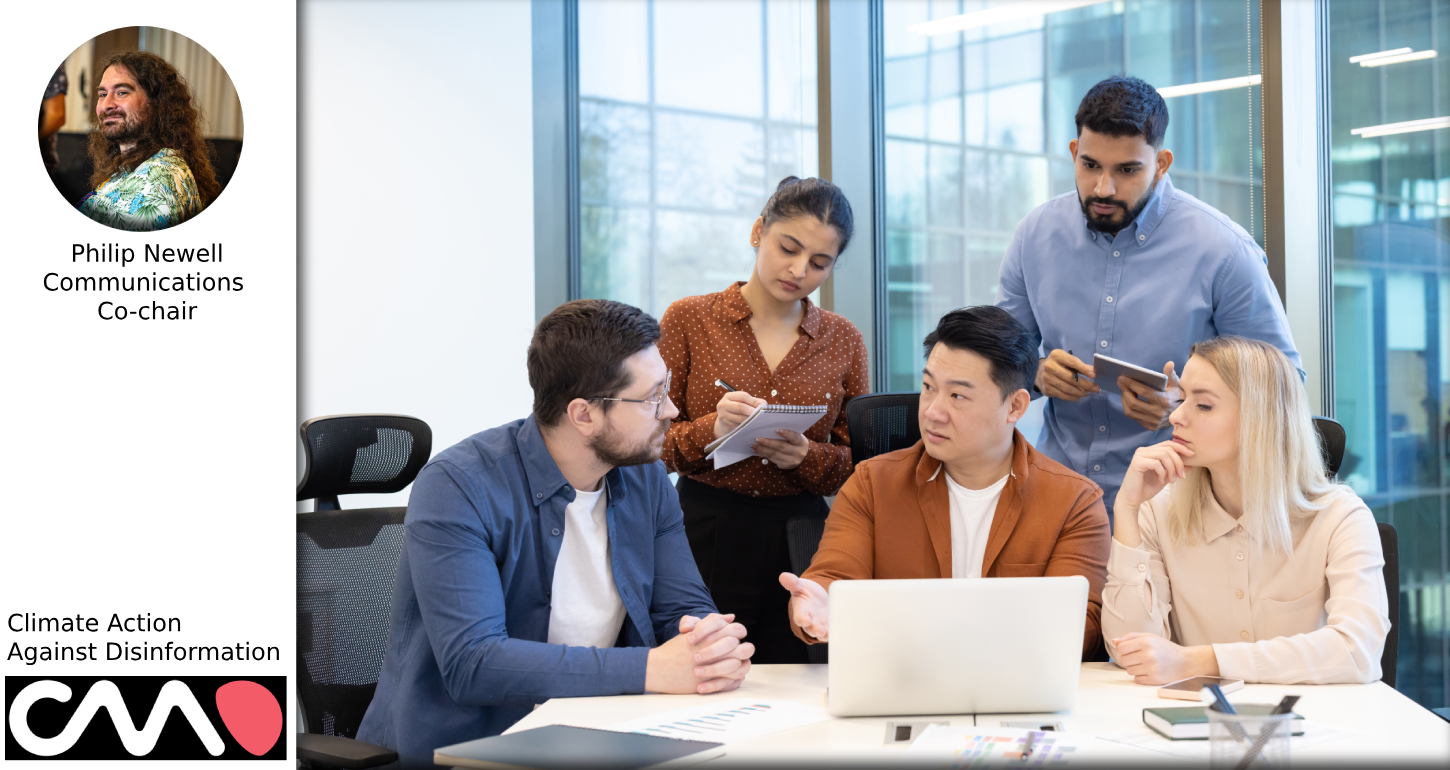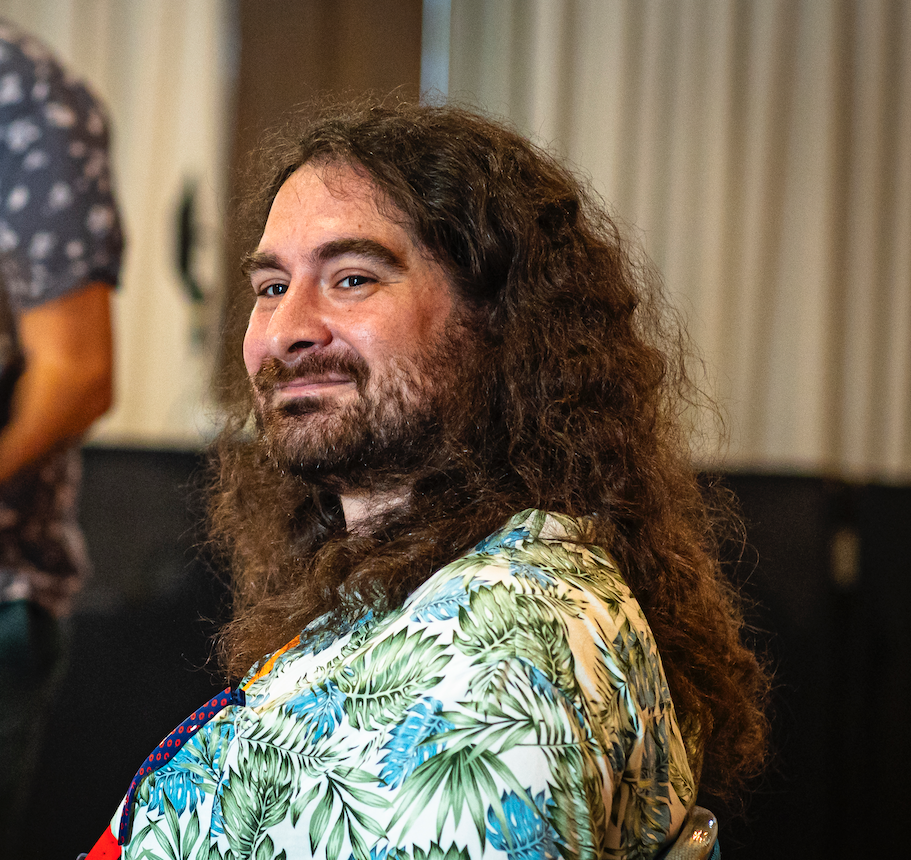
Session 1: Settler Colonialism 101
Introduce ENGO representatives to the fact that colonization is a structure and not an event. Identifies key ways that colonialism moves through individuals and organizations.
Session 2: Positionality
ENGO representatives learn how to articulate their social location within a settler colonial state, and in relation to potential Indigenous partners.
Session 3: Inherent Indigenous Governance 101
Introduce the fact that Indigenous nations have their own sources of political authority that they can (and do) draw on when addressing environmental issues. Examples provided.
Session 4: Building Better Relations
ENGO representatives will road test ways they can implement previous workshop key points to re-imagine partnerships with Indigenous nations.
Cost: $100 (or register 4 staff from the same organization for one stream and get the 5th registration free)
All registrants will be provided with a link to access the recordings and presentation slides for 60 days following each session.

Session 1: Diagnosing Settler Colonialism in the Enviro Sector
Participants will be asked to share ways in which they have diagnosed and traced power in social justice movements and/or in the ENGO sector. This workshop will make space for discomfort as part of promoting decolonization.
Session 2: Inherent Indigenous Governance
A mix of advanced and introductory theory, this workshop delves into legal and political pluralism, naming the fact that Indigenous nations have their own sources of political authority that they can (and do) draw on when addressing environmental issues.
Session 3: The Nonprofit Industrial Complex
ENGO participants are introduced to theories and examples describing the Nonprofit Industrial Complex and the “Shadow State.” Purpose is to show how settler colonialism structures civil society.
Session 4: Decolonizing ENGO-First Nation Partnerships
This workshop delves deep into how ENGOs can partner with Indigenous nations beyond the Nonprofit Industrial Complex while promoting deference to inherent Indigenous political leaders.
Cost: $100 (or register 4 staff from the same organization for one stream and get the 5th registration free)
All registrants will be provided with a link to access the recordings and presentation slides for 60 days following each session.

The Indigenous only space will be collaborative in nature but critical in approach. This track is a space for Indigenous folks within the ENGO sector to come together to discuss their experiences and work, with an eye to taking a position on what the sector might need to do in order to promote decolonization. Participants will use the first session to define our goals for the remaining three meetings. Therefore, session topics named here are proposals only.
Session 1: Naming the Cannibal: Settler Colonialism in the ENGO Sector
Session 2: Proposed topic: Reflections on working in the ENGO Sector
Session 3: Proposed topic: Centering Indigenous Thought in the ENGO Sector
Session 4: Proposed topic: Visioning a Decolonial Environmental Sector
Cost: Free
Date: December 9, 1-2 PM ET
Cost: Free (Zoom Webinar)
*All registrants will be provided with a link to the recording and presentation slides following each session. The recording will be available for 60 days.

You know climate change isn't a hoax. But do you know how climate disinformation is still influencing you? Find out how climate disinformation is being used to sabotage climate action, and what you can do about it, with Phil Newell, communications co-chair of the Climate Action Against Disinformation coalition, a network of over 90 organizations around the world who are part of a new Global Initiative on Information Integrity on Climate Change.
Built for the climate community, this hour-long training will provide an entertaining overview of how disinformation really works, before explaining why many common responses, like fact checking, unfortunately won't work, and ending with what is already working and what YOU can do about it. Because yes, there are actually real, viable solutions to climate disinformation, and policies that address it that you can help enforce!

Our Presenter

Philip Newell is the Climate Action Against Disinformation coalition's communications co-chair, and has been monitoring, debunking, and dismantling climate disinformation networks since 2011. With a background in global environmental policy and over a decade in climate communications, Philip has written over 2 million words on climate disinformation.

